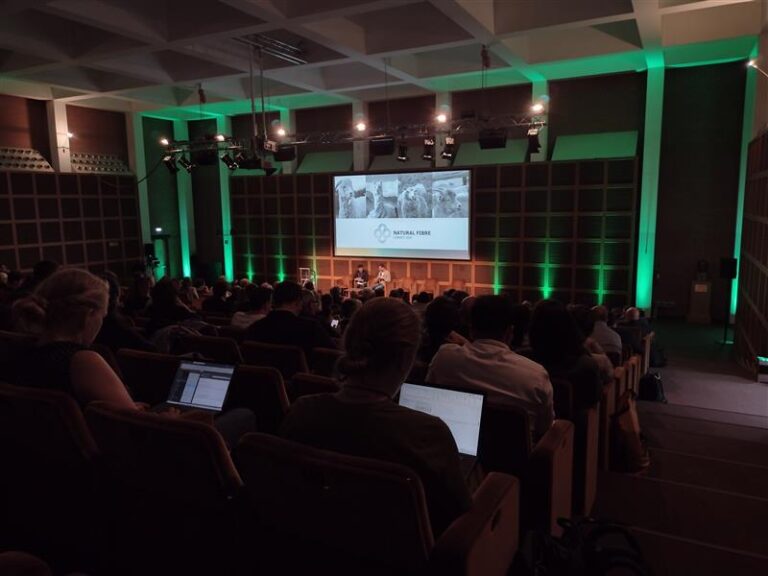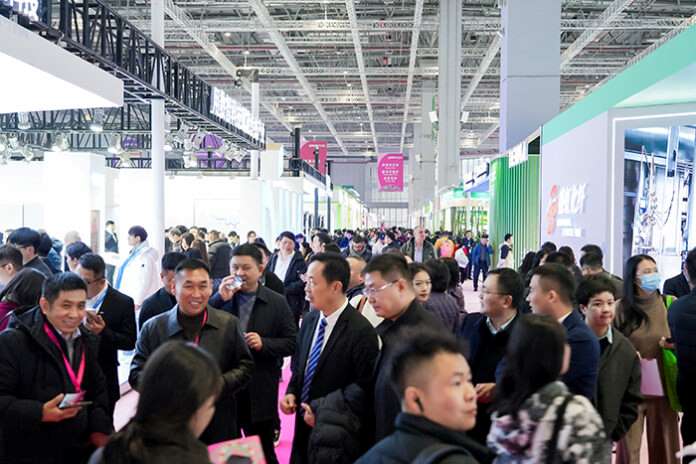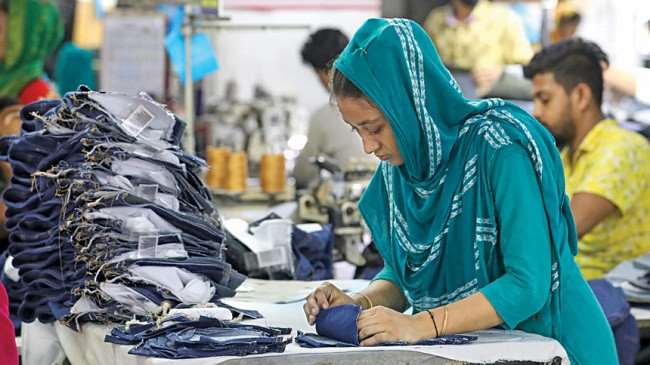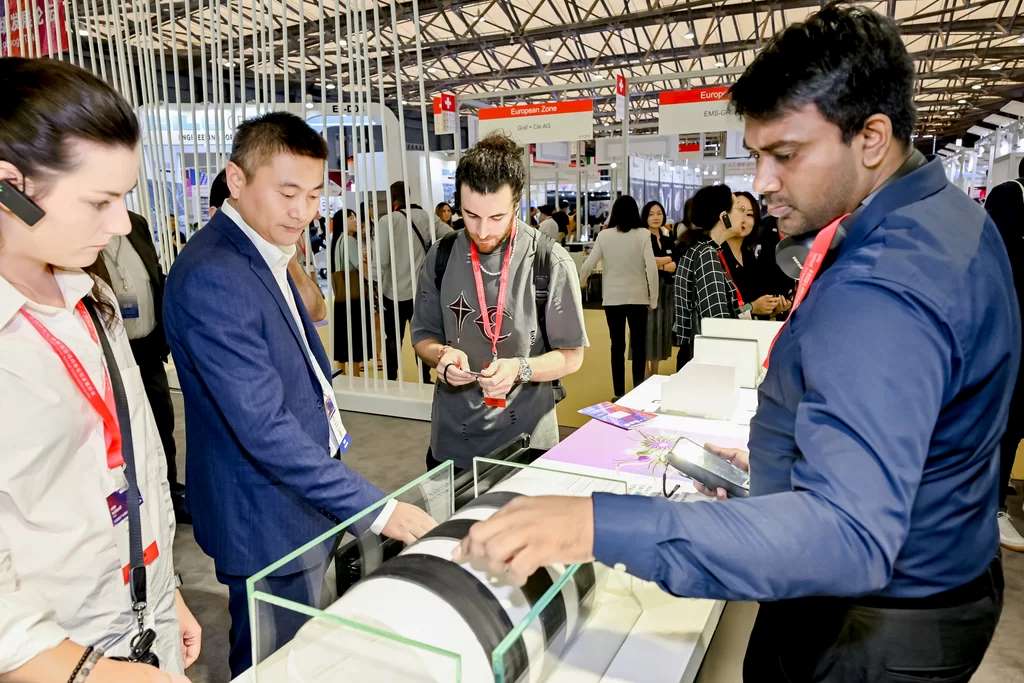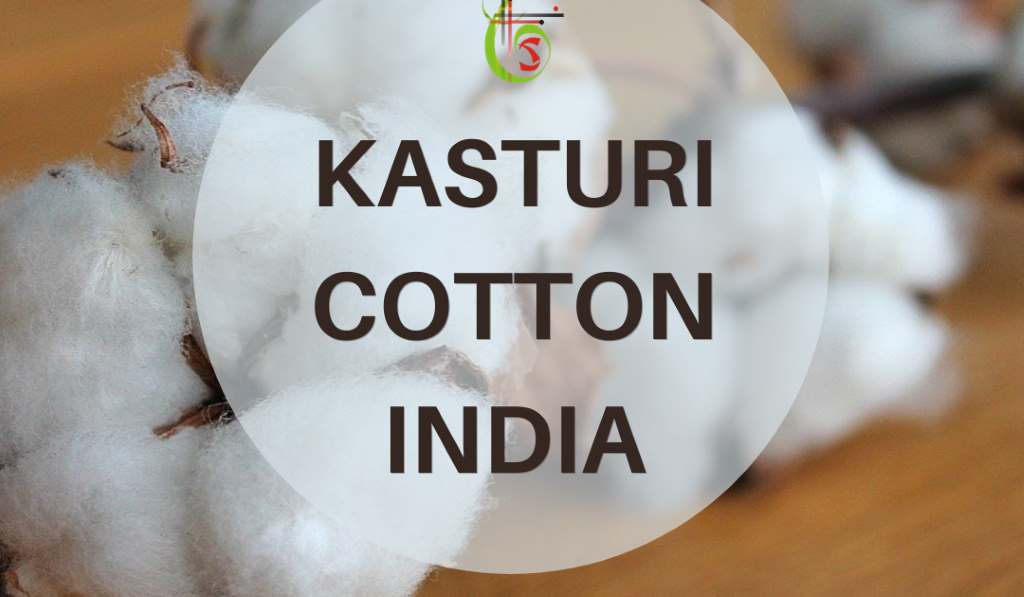FW
Apparel imports into the US declined in January. Shipments fell from six of the top-10 supplier countries. But those further down the ranking -- Honduras and El Salvador -- recorded stand-out performances during the month. Total US apparel and textile imports dropped 5.6 per cent in January, with textiles down 6.7 per cent.
The volume of apparel imports from all sources fell 4.2 per cent year-on-year in January following a five per cent increase in December. As for individual supplier countries, there was a marked difference in the performance between the top two. Shipments from China, the largest supplier of apparel to the US, with a 42.5 per cent share of the market, declined 7.8 per cent in January. Those from nearest rival Vietnam saw a growth of 0.9 per cent compared to a year earlier.
Honduras, number five in the table, saw its apparel shipments grow 17.7 per cent. India and El Salvador booked year-on-year increases of 4.4 per cent and 10.7 per cent. Even so, China remains a compelling source for apparel buyers as rising prices are largely being offset by productivity gains. There is also the fact that no country can match China in terms of the size of its supply base, its range of skills, its quality levels, its product variety and the completeness of its supply chain.
Vietnam, meanwhile, continues to benefit as both producers and buyers diversify their supply chains.
The four finalists of the SCAP (Sustainable Clothing Action Plan) Extending the Life of Clothes Design Award have been announced. The award challenged designers to address the key reasons for garment failure and the concepts needed to achieve longer life times, as well as to deliver ideas that are fashionable and marketable.
The SCAP ELC Award is delivered by WRAP, the organisation behind the Sustainable Clothing Action Plan (SCAP) and Love Your Clothes, with support from organisations including the British Fashion Council, Innovate UK, and The Sustainable Angle. Entries are being judged on their design process, environmental benefits or reduced impact, innovation, and commercial potential.
The finalists are Gayle Atkins, of Northbrook College Sussex/Marbella Design Academy, Nicholas Fellows, of London College of Fashion, Rhiannon Hunt, graduate of Chelsea College of Art and Design; and Valerie Goode, of Kitty Ferriera.
Gayle’s submission focuses on changing items from one product into another - she outlined a dress that can be transformed into a bag, and Nicholas proposed a children’s wear concept with dissolvable threads that enables consumers to increase the size of the item to accommodate a growing child.
Rhiannon focused on detachable fastenings for ease of size adjustment, and Valerie’s concept offers made-to-measure tailoring for items that are easy to mix and match. Next, the finalists will face a panel of judges where they will be questioned on the inspiration for their submissions, and how they would develop their idea. The winner will receive £5,000 and the opportunity to progress their work and develop it for a commercial market.
Trident has reported net revenue of Rs 931.3 crores in Q3 ending December 31, 2014, compared to Rs 1,020.9 crores in the third quarter of financial year ’14. Net sales declined due to lower yarn realizations. De-growth from yarn was partly mitigated by increased terry towel offtake. Trident is the flagship of the Trident Group and a leading manufacturer and exporter of textiles and paper products. The company repaid 4.5 per cent of the outstanding term loans during the quarter.
The results in the third quarter are a reflection of the challenges faced by the textile industry in terms of volatile cotton costs vis-à-vis lower yarn realizations which impacted earnings. Now, with new cotton available at lower levels, Trident expects margins to normalize from the fourth quarter onward.
EBIDTA margins stood at 17.1 per cent vis-à-vis 18 per cent due to declining spreads in the yarn business. This was partially offset by improved margins in the terry towel business. EBITDA margin in the textiles division improved to 15.5 per cent from 14.5 per cent. This was on account of healthy margins in terry towels. In paper and chemicals, EBITDA margin improved by 80 bps to 28 per cent as compared to the same quarter the previous year.
www.tridentindia.com/
While the Bangladesh Garment Manufacturers and Exporters Association (BGMEA) submitted a proposal with the ministry of commerce (MoC) to establish the Cotton Security Council to control prices of domestic cotton yarn, the Bangladesh Textile Mills Association (BTMA) has opposed the BGMEA proposal calling it 'unreasonable', 'unrealistic' and 'inconsistent.'
The former, a body of apparel makers has also demanded inclusion of the provision of council into the new export policy of 2015-18. The country's spinning mills provide around 40 to 80 per cent of cotton yarn to the domestic knit and woven garments units at competitive prices but the domestic spinning mills face competition from the low cost imported cotton yarn.
Prices of the country's yarn depend on prices of imported cotton yarn, of Indian cotton yarn and domestic demand of apparel makers. However, textile millers say that if the cotton council is formed, expansion and competitive situation of the country's spinning mills will be hampered.
The Madras High Court has declined to direct the authorities to permit Binny, declared as a sick unit, to re-export some textile machinery which has been lying in the warehouse for 15 years. The court was of the view that the company had no intention to clear the goods, but had been attempting to stall the disposal of the un-cleared time-expired goods.
The court passed the order on a petition by the company for quashing the proceedings of the Superintendent of Customs of January 2012 and to direct the agency to grant permission to re-export the machinery. The company had imported the machinery with auxiliary equipment and spares from Germany in 1996. Due to financial crunch, it could not clear the goods. It was kept in the customs warehouse without payment of duty . Meanwhile, the company was declared sick.
Even after several years, the goods were not cleared and a notice was issued demanding customs duty with interest, followed by detention notice. The company did not pay the duty. The machinery was sold through auction for Rs.2.26 crores, but it was cancelled as the bidder had not fulfilled the terms.
Dismissing the plea, the court said the company had been seeking extension of warehousing period from time to time by citing reasons that it had been declared sick but that there was no genuineness in its attempt in clearing the goods. Repeated requests for extending the warehousing period without sufficient reasons, it said, would only establish that the company had been dragging on the proceedings to frustrate the authorities’ attempt in recovering the duty.
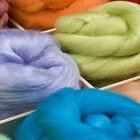
Indian MMF textiles exports to the Latin American region, which comprises 44 countries, have risen from $369.85 million in 2009-10 to $711.51 million in 2013-14, registering a growth of around 92.37 per cent over the past five years, says a report released by the SRTEPC. This region accounts for about per cent of global trade.
MMF: India needs to increase share
Exports of Indian MMF textiles to Latin America increased from 9 per cent in 2009-10 to 12 per cent in 2013-14. Exports are mainly directed to 14 markets in the Latin American & Caribbean (LAC) region which accounts for over 90 per cent of India’s total exports of MMF textiles to this region.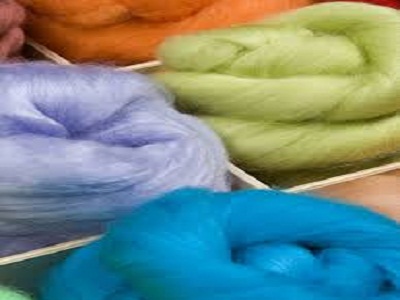
Mexico, Brazil and Argentina have significant market potential for MMF textile imports where India’s share is only 1.67 per cent, 7.71 per cent and 5.99 per cent respectively. This suggests that there is tremendous scope for enhancing India’s MMF textile exports to these countries. In 2013, Mexico imported $5 billion worth MMF textiles from the world. However, import from India was only $80 million accounting for 2 per cent in total import of MMF textiles by Mexico in 2013.
Brazil imported $4 billion of MMF textiles in 2013 while from India it was only $306 million accounting for 9 per cent of total imports of MMF textiles by Brazil in 2013. Similalry, Argentina imported nearly $1.5 billion during 2013 however, import of MMF textile from India was only $81 million accounting for 6 per cent in total import of MMF textiles.
The point is that India’s MMF textile exports to the Latin American countries have grown at a rapid pace during the last decade. However, exports to some of the markets have been witnessing a decline recently. The Council is constantly making efforts to establish base in these far flung markets and increase India’s market share, says the report.
Three sustainable textile initiatives have signed a Memorandum of Understanding to address energy efficiency, environmental and other sustainability issues in the European textile industry. The energy made-to-measure campaign of the European Apparel and Textile Confederation (Euratex) is now collaborating with the blue competence initiative of the VDMA (German textile machinery association) and the sustainable technologies project run by the Association of Italian Textile Machinery Manufacturers (ACIMIT).
The three initiatives will share knowledge and technical know-how and update their findings at upcoming leading trade fairs, including Techtextil/Texprocess and ITMA. The energy made-to-measure campaign, launched in 2014 and due to run until 2016, provides companies, mainly small and medium units, with tools, best practices and training to assess options and take informed decisions about energy efficiency measures.
The campaign has so far promoted the outcome of three international projects on textile and clothing manufacturing co-funded by the European Union, namely ARTISAN, SESES and SET. More than 20 public events have taken place in 8 countries where professionals meet and discuss opportunities to spare energy and cut costs for a more efficient, sustainable manufacturing.
VDMA launched the blue competence initiative to support sustainable textile production, particularly via means of a more sparing use of resources and more efficient manufacturing processes involving intelligent technical solutions.
The Aditya Birla Group has decided to put its viscose staple fiber plant project in Turkey on hold as the viscose market is in a state of turmoil and returns are low at the moment. The project is on but has been delayed because of the capacity overhang in China. Though demand for viscose staple fiber continues to grow globally, the overcapacity in China, created at the time of viscose boom, has put pressure on realizations in the global markets. It has resulted in global prices declining by around 15 per cent.
Announced in December 2011, the plant was to be the first viscose production facility in Turkey, and the investment to the tune of Rs 3,000 crores was aimed at supporting the growth of its textile industry. Viscose staple fiber is a raw material used for making home textiles and apparels. Turkey is the fourth largest consumer of viscose in the world.
While the facility was to address Turkey’s domestic demand, it would also have the potential to export about 20 per cent to the European Union and other neighboring countries. In December 2014, the Austria-based Lenzing Group, too, decided to abstain from any new capacity expansion projects until market conditions improved.
Indonesia will revitalize old machinery in the textile, leather working and footwear industries in an effort to develop these fields and stimulate more investments. The program has rejuvenated 1.88 million machines since its commencement in 2007, with another 3.66 million machines more than 20 years old awaiting upgrade.
There are six categories of machines eligible for rejuvenation, including textile looms, knitting machines and those used in footwear manufacturing and the mass production of garments. The industry has a growth target of 300 per cent by 2019.
Robust economic growth and rising purchasing power make Indonesia – the world’s fourth most populated country – an attractive market for textiles and clothing. Both local and foreign companies are vying for market share. Rising costs are giving domestic producers a hard time as they try to fend off overseas competition, but technological modernization, improving labor skills, better infrastructure and the relatively low rupiah alter the picture in their favor.
Many of Indonesia’s largest listed textile and garment manufacturers have been active in raising funds through the capital markets for investment into new plants. Even though most of Indonesia’s several thousand textile businesses sell their goods in the home market, the lion's share of Indonesian-made clothes is shipped abroad, with many of the larger companies producing apparel for global brands.
The drop in cotton prices across the globe has come as a serious blow to the terry towel industry in Bangladesh. The main cause of low cotton prices is the fallout from China’s support program for its growers. More than 16 big terry towel factories of the country have been closed in recent times while export earnings declined sharply in the last five years as Pakistan and India are getting major orders from foreign buyers.
Bangladesh’s factories purchase yarn from local spinning mills. The cost of yarn sourcing for a Bangladeshi factory hasn’t been reduced to a rate compared to that of Pakistan or India. Many companies have stopped operation because of lower orders. At least 16 out of 97 companies have stopped operation in the last one and a half years. Towel export witnessed a major setback among home textile items. Shipments of other home textile items have also fallen but not to the extent terry towels have.
Bangladesh’s terry towel products mainly go to the US, Canada and Europe. The country produces different types of terry towels such as face, hand, terry kitchen, stripped bath, assorted colored bath, dyed terry bath, golf and bath robes for export.

